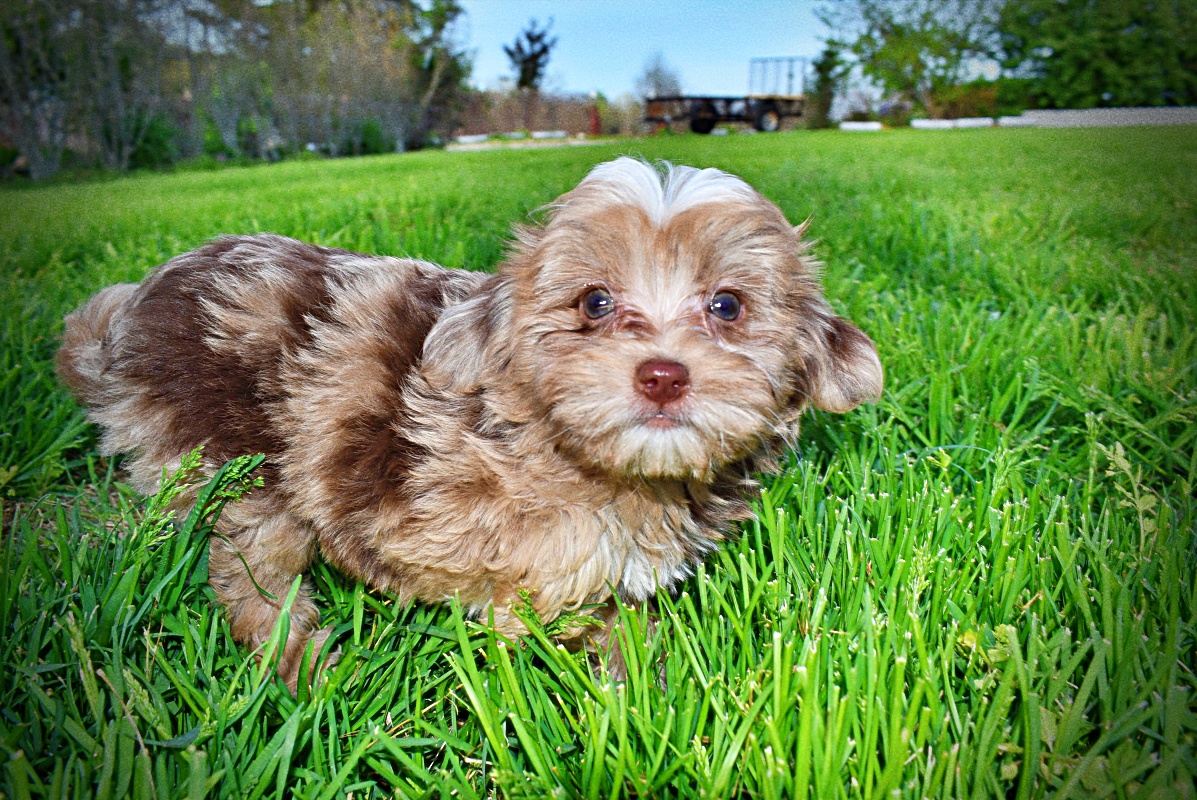9 Things to Know if Your Puppy Breathes Fast

Watching your tiny, playful puppy breathe rapidly can be concerning. Is it normal? Or is it a sign of something serious?
Fast breathing in puppies can have many causes—some completely harmless and others requiring urgent attention. Here’s everything you need to know if your puppy breathes fast, including when to stay calm and when to call your veterinarian.
1. Puppies Naturally Breathe Faster Than Adult Dogs
First things first: puppies naturally have a faster breathing rate than grown dogs. It’s a normal part of their development.
Typical puppy breathing rate while awake: 15 to 40 breaths per minute
During sleep or excitement: It can spike temporarily even higher
You can count breaths by watching the rise and fall of their chest for 30 seconds, then doubling the number.
2. Fast Breathing During Sleep is Common
Ever notice your puppy twitching, whining, or breathing fast during a nap? That’s likely dreaming during REM (Rapid Eye Movement) sleep.
It’s perfectly normal for puppies to:
- Breathe rapidly
- Paddle their paws
- Twitch their faces
- Let out tiny squeaks
If they return to normal breathing after they wake up, there’s no cause for concern.
3. Heat and Overexertion Can Cause Faster Breathing
Puppies often pant after:
- Play sessions
- Excitement
- Warm weather walks
Panting is their way of cooling down, since dogs can’t sweat like humans. However, if heavy breathing persists long after exercise or occurs without any activity, it could signal heat exhaustion, which is dangerous.
Tip: Always provide plenty of fresh water and shade after active play.
4. Stress and Anxiety Can Make Puppies Breathe Quickly
Moving to a new home, meeting strangers, or adjusting to unfamiliar sounds can stress your puppy out. Symptoms may include:
- Fast, shallow breathing
- Pacing
- Whining
- Trembling
Calming your puppy with gentle touch, a cozy crate space, or soothing music often helps slow their breathing naturally.
5. Certain Breeds Naturally Breathe Faster
Some breeds are predisposed to faster or louder breathing due to their anatomy, especially:
- Brachycephalic (short-nosed) breeds like French Bulldogs and Pugs
- Tiny toy breeds like Havanese, Chihuahuas, and Yorkies
At Havanese Haven, we remind new owners that small breeds like HavaPoos can occasionally seem “huffier” during excitement, but this is usually nothing serious unless combined with other symptoms.
6. Know the Warning Signs of Respiratory Distress
While fast breathing can be normal, you should call your vet immediately if you see:
- Blue, purple, or very pale gums
- Labored breathing (struggling to inhale or exhale)
- Gurgling, raspy, or wheezing sounds
- Flared nostrils or open-mouthed breathing at rest
- Lethargy or collapse
These are signs of serious breathing problems that need urgent veterinary care.
7. Illnesses Can Cause Rapid Breathing
Some health issues that may cause fast breathing in puppies include:
- Pneumonia
- Heart disease
- Parasites (like lungworms)
- Anemia
- Allergic reactions
If fast breathing is persistent or paired with coughing, lethargy, or appetite loss, schedule a vet appointment right away.
8. Puppies May Breathe Faster After Eating
It’s not uncommon for puppies to breathe a little faster after a big meal. Digesting food takes energy, and excitement at feeding time can also contribute to temporary panting.
However, severe bloating or distended bellies (especially in deep-chested breeds) could signal a medical emergency like bloat (gastric dilatation-volvulus).
Monitor your pup closely after meals to ensure breathing returns to normal.
9. When in Doubt, Call Your Vet
Trust your instincts. If you’re unsure whether your puppy’s breathing is normal, it’s always better to check with your veterinarian.
Early intervention can save lives—and even if it turns out to be nothing, you’ll have peace of mind knowing your puppy is safe.

